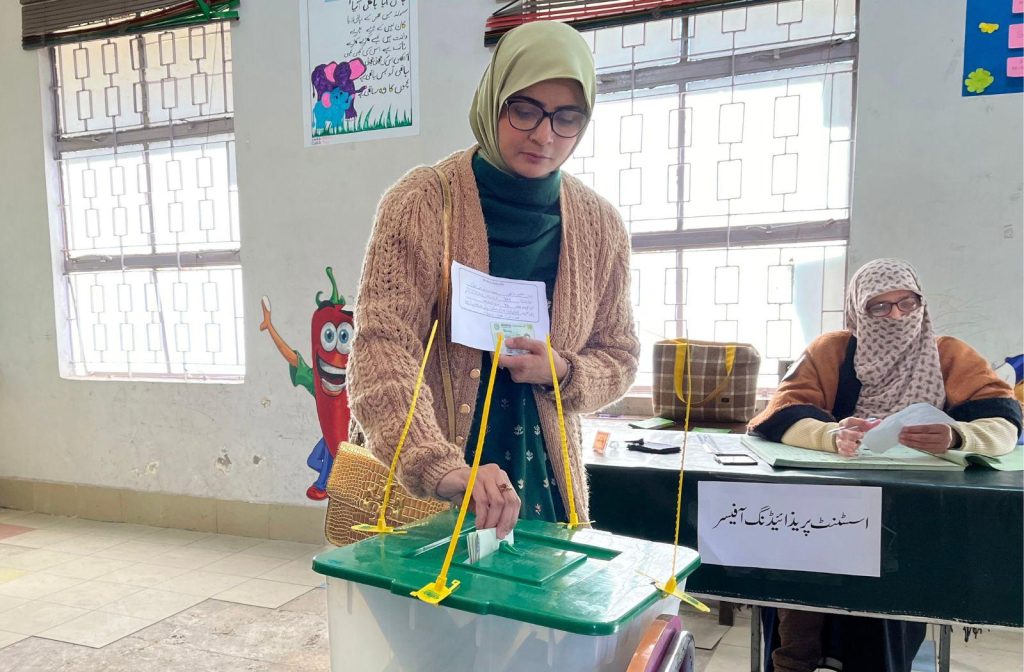The Commonwealth Observer Group (COG) has released its long-awaited final report on Pakistan’s 2024 general elections, criticising the fairness and transparency of the process while noting restrictions on voters’ fundamental political rights. The 161-page report, issued on Tuesday more than 18 months after the polls, raised serious concerns over practices that undermined confidence in the electoral system.
One of the key issues highlighted was the suspension of mobile phone services on election night, which observers said reduced transparency and hampered the efficiency of result delivery. The absence of digitally transmitted result forms was flagged as a major vulnerability, expanding opportunities for manipulation of crucial documents such as Forms 45, 46, and 47. According to the report, in some instances, forms held by party agents showed discrepancies from those later tabulated and published on the Election Commission of Pakistan’s website, with altered vote totals and turnout figures.
The report also pointed to a lack of a level playing field in the pre-election phase. The denial of the bat symbol to PTI and the registering of its candidates as independents were described as critical factors affecting fairness. Observers documented reports of PTI members and supporters being arrested, detained, and subjected to raids on their offices and homes, all of which restricted freedom of association and assembly.
Despite its criticism, the observer mission acknowledged certain positive developments. It commended the Election Commission of Pakistan for improving inclusivity, noting a reduction in the gender gap in voter registration from 12% in 2013 to 7.7% in 2024. The creation of the Gender and Social Inclusion Wing, the establishment of a gender hotline to report harassment, and higher youth participation were welcomed as progressive steps.
Calling for broad-based reform, the Commonwealth Observer Group stressed that while Pakistan has a vibrant media landscape, a politically engaged youth, and active civil society organisations pushing for reform, the future of its democracy depends on the overall political conditions in which elections are conducted.


